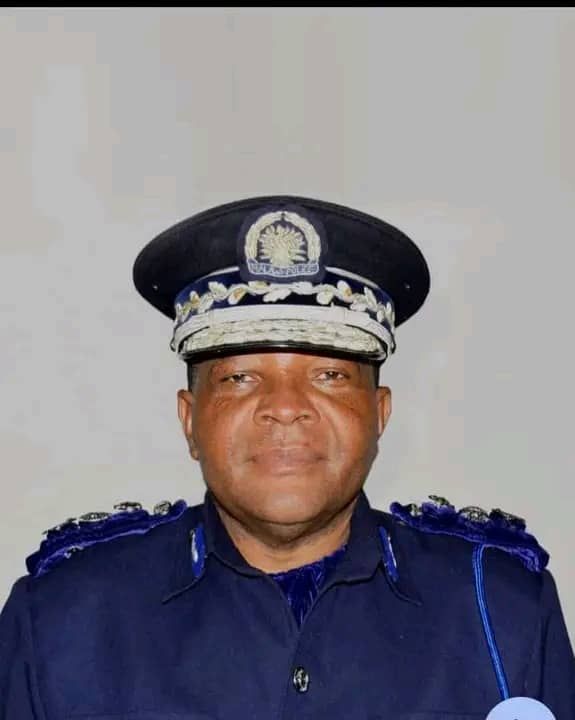By Rahim Abdul
The Anti-Corruption Bureau (ACB) has officially discontinued the case against former Inspector General of Police, Dr. George Kainja, who was accused of receiving a bribe from British businessman Zuneith Sattar.
The alleged payment was said to have been made in exchange for a contract to supply food rations to the Malawi Police Service.
According to ACB’s Principal Public Relations Officer, Jacqueline Ngongonda, the decision follows a recent court ruling which rendered certain pieces of evidence obtained from the United Kingdom inadmissible in Malawi’s judicial system.

The ruling, she said, significantly weakened the prosecution’s ability to proceed with the case.
Ngongonda clarified that the move does not amount to a total acquittal. She stressed that under Malawi’s legal framework, the ACB retains the right to reopen the case within six months should new admissible evidence or legal grounds emerge.
“This is not the end. It simply means we are pausing the prosecution process while we review the implications of the court’s decision,” she explained.
The case against Dr. Kainja was first instituted in June 2023, marking the beginning of a high-profile legal battle that drew widespread public attention.
It was part of a broader investigation into alleged corruption involving Sattar, whose business empire had secured several lucrative government contracts in sectors such as defense and law enforcement.
Dr. Kainja, who served as Malawi’s top cop until his dismissal in 2022, was accused of abusing his position by soliciting or accepting benefits from Sattar’s companies.
The ACB alleged that he used his influence to favor Sattar’s firms in the procurement of police supplies, a claim that the former police chief consistently denied.
Since part of the material came from the UK’s National Crime Agency (NCA), questions arose about how such evidence could be properly authenticated and used within Malawi’s legal system.
Meanwhile, Dr. Kainja’s legal team has welcomed the ACB’s decision, describing it as “a step toward justice.” His lawyer said that from the beginning, their client maintained innocence and that the case was “built on unreliable and externally sourced evidence that had no legal standing in Malawi.”
However, anti-corruption campaigners have expressed disappointment, fearing that the discontinuation might send the wrong message about accountability among high-ranking public officials.
Some have called for transparency from the ACB on how the decision was reached and whether the bureau will indeed consider reopening the case if new evidence emerges.



